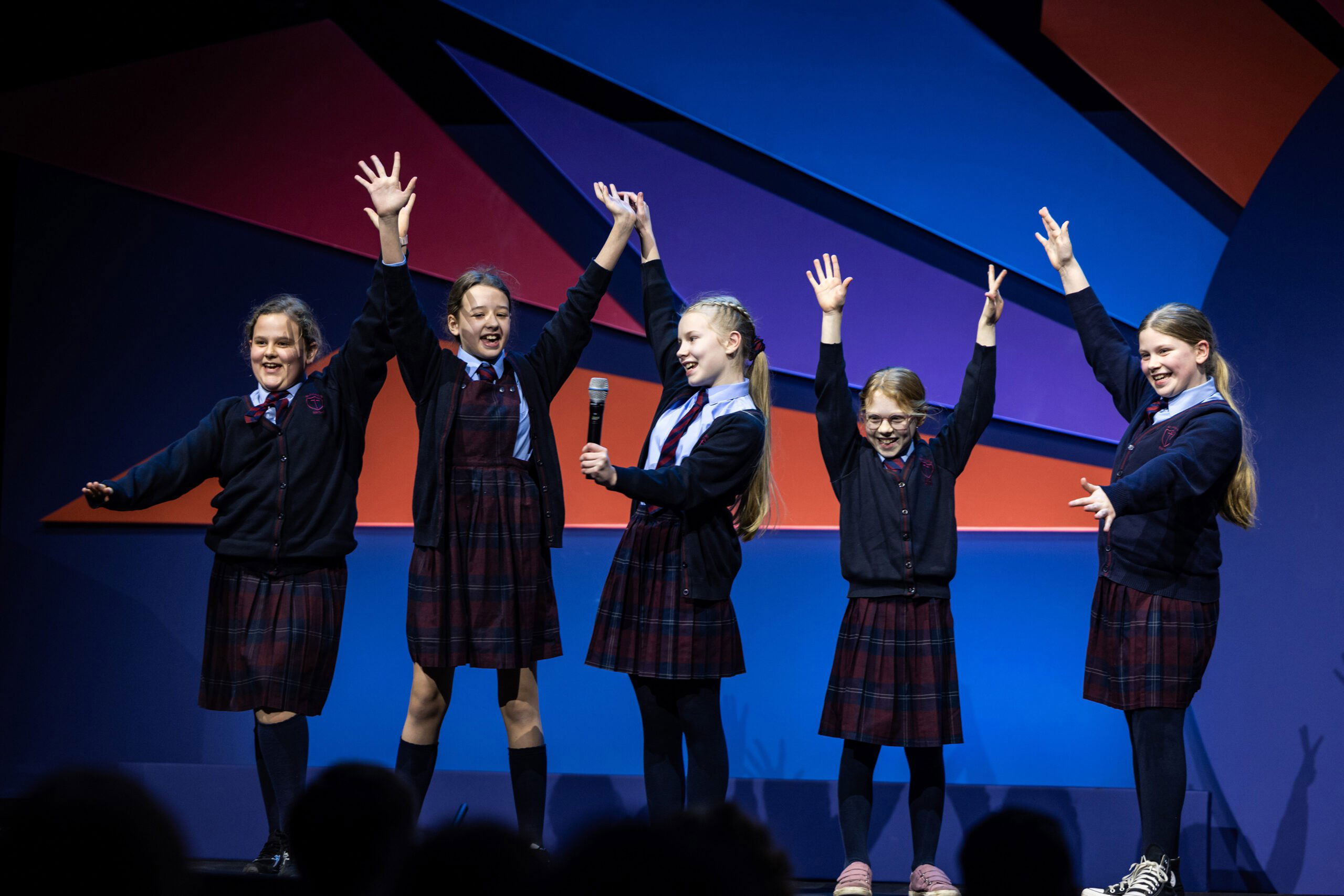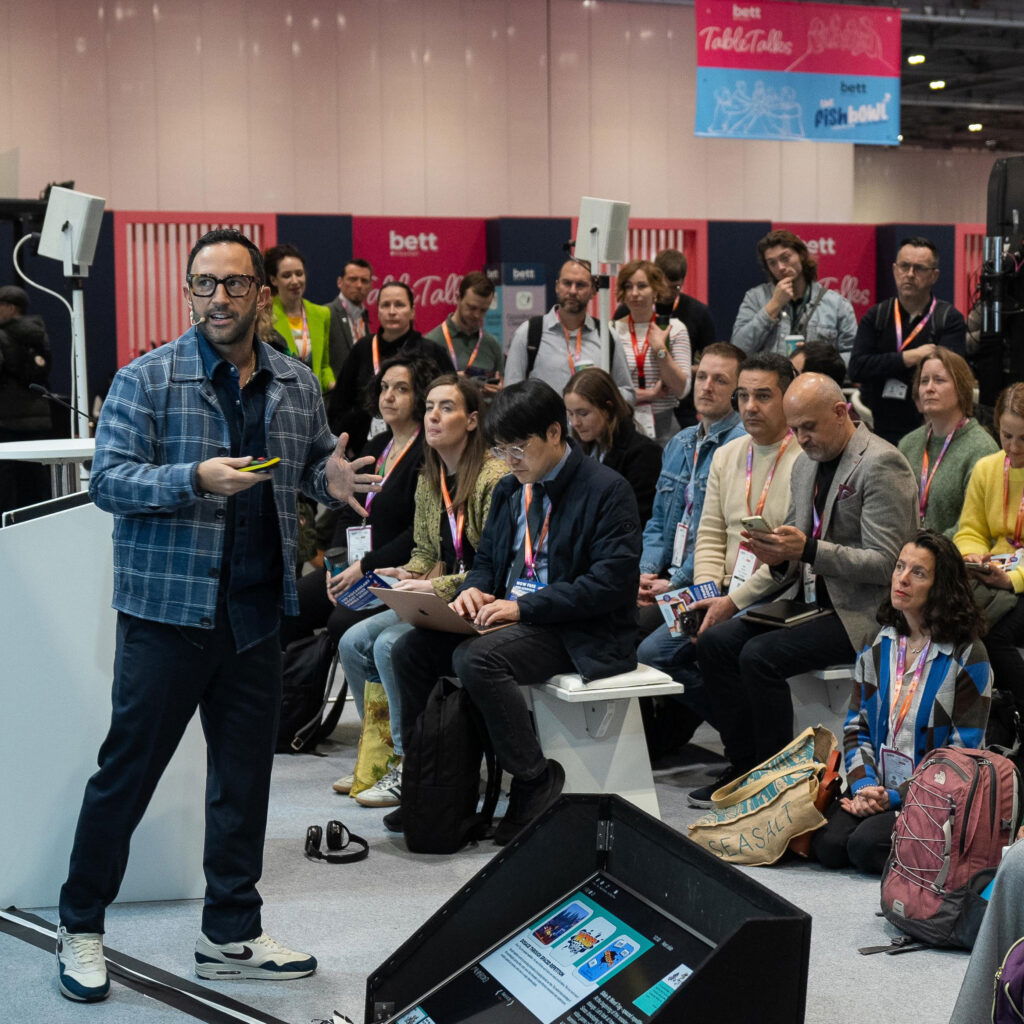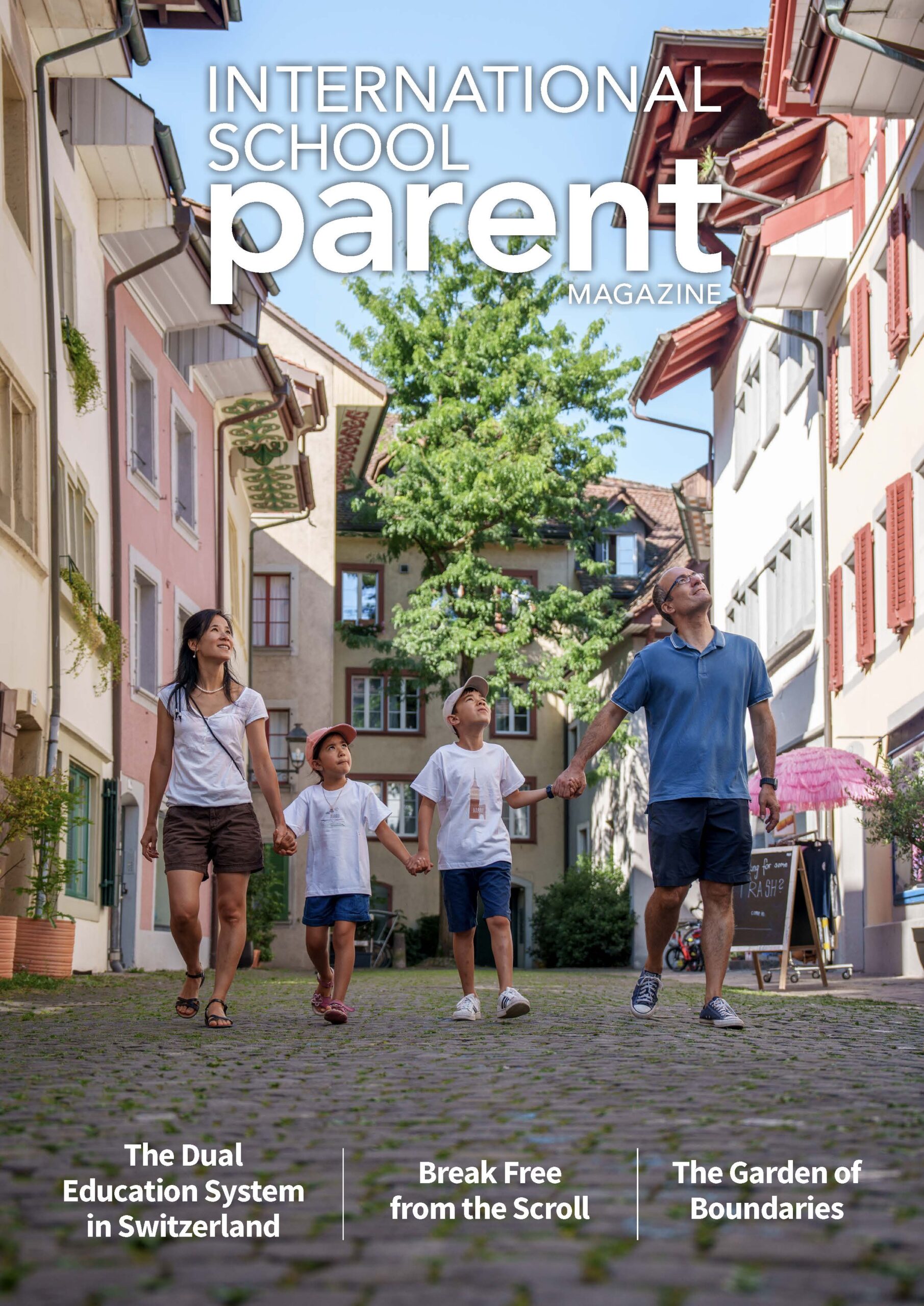A Visit to BETT: Reflections on the EdTech Extravaganza

By Richard Martyn-Hemphill
Greetings from London’s windswept, crane-dotted Docklands — where I’ve been wandering the sprawling halls of the Excel Centre, a cavernous and seemingly endless kingdom of conventions and concerts. The occasion this time? Bett, the grand annual exposition of educational technology, where the dreams of tomorrow’s classrooms are hawked with the fervour of a 19th-century fairground barker. It’s a mid-January Glastonbury for educators, more WiFi than wellies (and fortunately with less mud) but similar hype and hope.
Getting there was a breeze, thanks to the Elizabeth Line—London’s latest transport megaproject that glides as smoothly as an A-grade student reciting Julius Caesar. Its construction, of course, had taken rather longer than planned, but perhaps that’s fitting for a journey into education. Like the Elizabeth Line, schooling often promises swift outcomes yet takes years to truly deliver.
At Bett, the air hummed with possibility—or at least the hum of a thousand laptops. The stands at the entrance were classic sales pitches: glossy, loud, and exhaustingly cheerful. There was VR to “revolutionise” learning, AI to “transform” grading, and even a social media platform for parents, offering real- time updates on their child’s progress. As one vendor explained, “You’ll never be surprised by a report card again.”
I wondered if parents really needed their children’s results flashing in like a fluctuating stock price. Or whether several weeks of blissful ignorance was not always for the worst.
Unsurprisingly, most students visiting Bett on school trips were less intrigued by a future of real-time reports to their parents and veered straight to the startups offering Lego robots, Montessori musical instruments, e-sports, or gaming. “Every subject becomes a game,” the CEO of Nick Academy proclaimed enthusiastically from on stage, showcasing his online classroom of cartoonish avatars. “Even coding,” he said, “becomes a pizza adventure.”
The CEO of the Austrian gamified textbook-maker SchuBu agreed, quoting Einstein. “Playing” he reminded us, in a stern German accent, “is the highest form of research.”

Elsewhere, some startups were keen to help make sure grading was not a game future teachers would play. Companies like Olex.ai touted automated grading software, which promises to relieve teachers of marking essays—a bold claim, given how some essays resemble illegible scrawls, or coded messages from another planet. Similarly, some were finding ingenious ways to prove that students’ work was — or wasn’t — their own. The irony of teacher and student locked in an AI arms race was not lost on me. Something also felt uneasy about the proliferation of VR headsets, with startups insisting these would only be used for higher goals, like allowing students to conduct virtual chemistry experiments without the risk of setting the classroom on fire. Practical, yes, though I did wonder: if a headset can replicate the unforgettable aroma of burning magnesium?
The Study in Saudi stand had another unforgettable aroma—fragrant cups of tea. It was a welcome human touch as representatives from the ministry there boasted the arrival of British girls school franchises like Downe House, and promising handsome fortunes for educators willing to join them across the desert sands.
At the Ukraine stand, meanwhile, there was a sobering reminder of why innovation matters. Educators proudly showcased an online school designed to replace classrooms destroyed by war. It was a stark contrast to the gleaming VR headsets and sleek grading software—a testament to resilience in the face of devastation. For all the gadgets and algorithms on display, this was education at its most vital: ensuring that even amid ruins, learning continues.
Among the speakers evincing the usual buzzwords, one stood out from Adobe. He urged educators to prioritise creativity and purpose, two concepts so fundamental they should hardly need repeating—and yet, in our overly industrialised education system, they can feel like radical ideas. His words resonated, cutting through the digital din with an appeal to put humanity back at the heart of education.
As I await the Elizabeth Line back from this edtech extravaganza, I find myself reflecting on London’s educational heritage, from the great teaching hospitals to the night schools of Birkbeck, from Dickensian grammar schools to the University of London, this city has long been a hub for fresh ideas. Now, in the gleaming Docklands, education is being reimagined for the digital age.
Bett was a reminder of both the potential and the pitfalls of technology here. For every inspired idea, there was a gadget that felt like a solution in search of a problem. I couldn’t help but wonder: have we, in our rush to embrace the future, forgotten the simplicity of a good teacher, a chalkboard, and a curious mind? Technology can be a powerful tool, but it must always remain just that—a tool, not a replacement for the uniquely human craft of teaching.
To conclude more kindly, I suppose at its heart, Bett feels like an expression of human ambition: our drive to teach, to learn, and to innovate. It might take time—just like the Elizabeth Line—but the journey is worth it.

